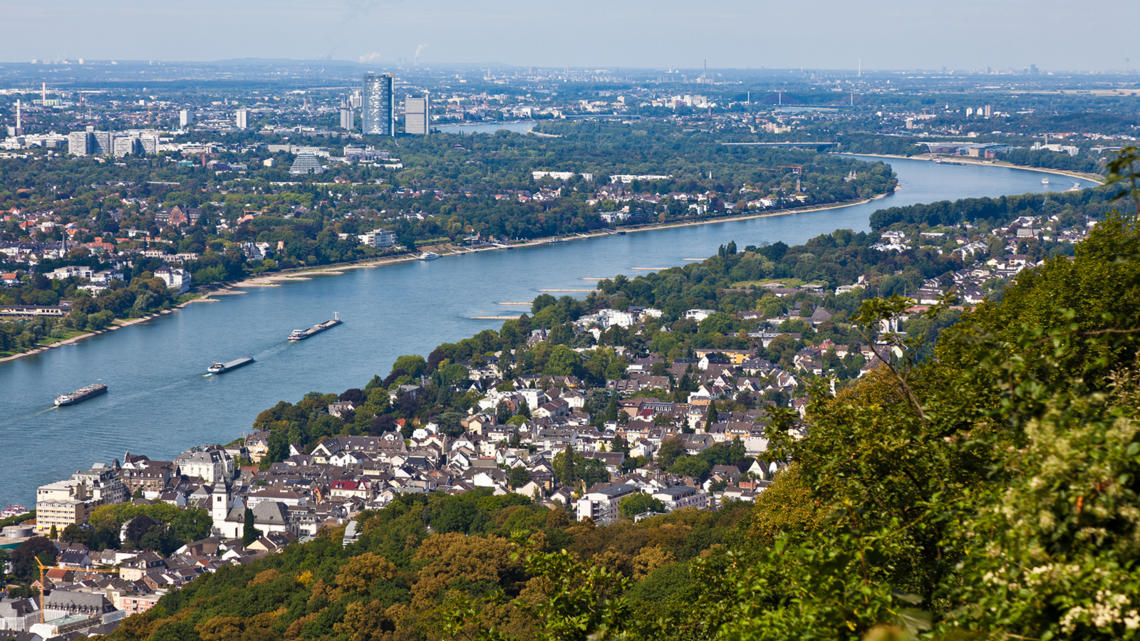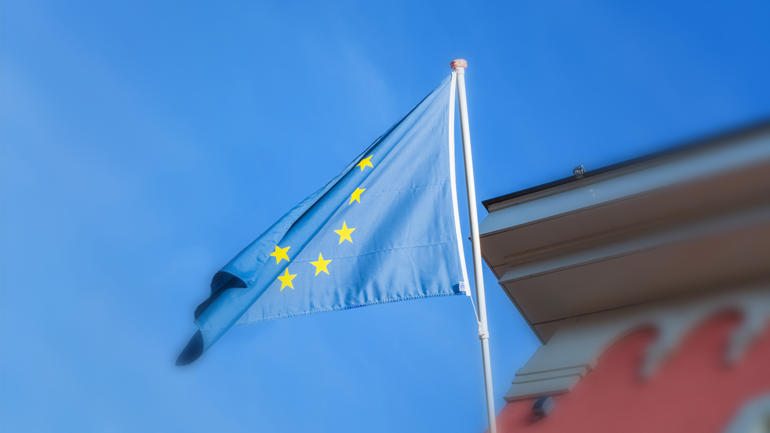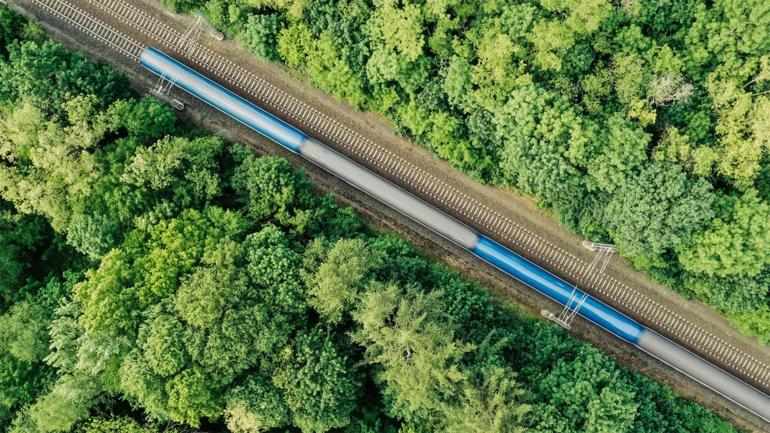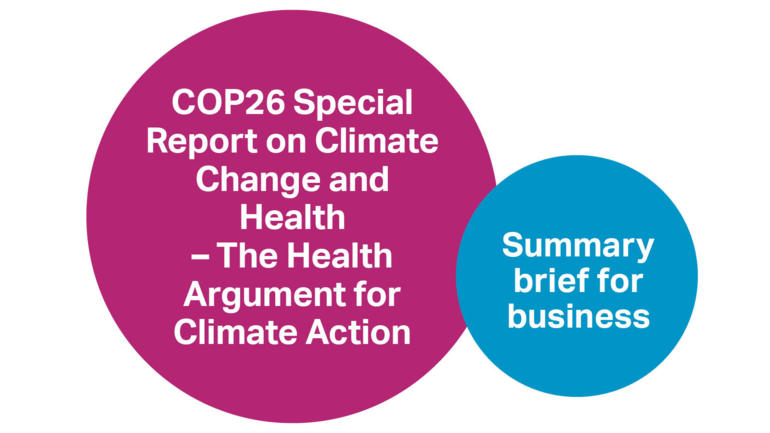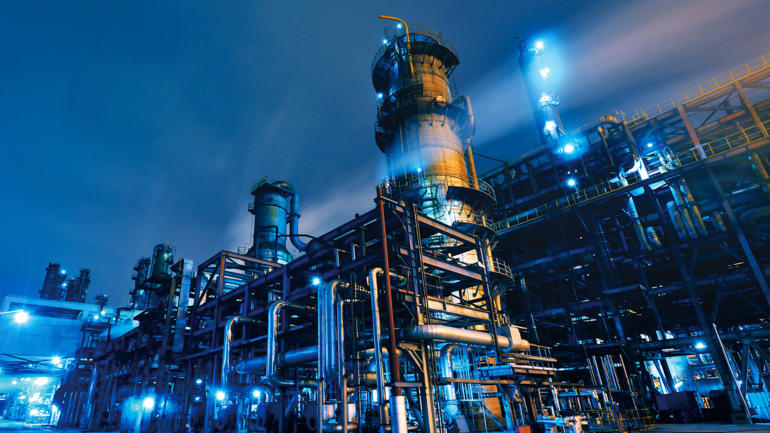Over the past two weeks, climate change experts from business, government and civil society gathered in Bonn, Germany under the UN Framework Convention on Climate Change (UNFCCC).
The meeting’s key objective was to register progress towards the Paris Agreement Work Programme (PAWP), known as the “Paris Rulebook,” to operationalize the Paris Agreement and facilitate its implementation.
Progress at this meeting in Bonn was crucial for ensuring that the Paris Rulebook will be completed and adopted as the main outcome of this year’s Conference of the Parties (COP24) in Katowice, Poland, this December.
This objective has led many to consider December’s meeting, COP24, to be the most critical climate change meeting since the adoption of the Paris Agreement in 2015. It will be a test of countries’ ambitions to implement and strengthen the historic Paris Agreement.
Some important progress was made during the Bonn talks, but the pace was slow, and several difficult issues remain largely unresolved, including clear divides on politically sensitive themes like climate finance, and the rules applied to countries at different stages of development.
“We have to be very, very clear that we have a lot of work in the months ahead and that we have to improve the pace of progress to achieve a good outcome in Katowice,” said UN Climate Chief, Patricia Espinosa.
Business echoed Climate Chief Espinosa’s message, it’s time to work harder.
WBCSD members are calling on governments to enhance policy ambition through their NDCs as well as domestic legislation, and to set a regulatory landscape that supports business to take greater climate action.
WBCSD played an active role throughout the Bonn event, bringing a strong business voice for greater climate action. We emphasized that business is fully committed to the Paris Agreement, with many companies showing progress on Paris-aligned ambition.
However, in order to achieve the Paris Agreement’s objectives, further ambition is required by all. The first round of Parties’ Nationally Determined Contributions (NDCs), even if fully implemented, will not deliver the long-term goals of the Paris Agreement.
To go further and faster, businesses and governments both need to continue to enhance their ambition. In particular, business is calling on policymakers to adopt more ambitious targets and measures in their revised NDCs by 2020, including clearly articulated domestic climate policies, with the ultimate aim of bringing overall ambition closer to the Paris Agreement goals.
Business and other key stakeholders are ready and willing to work hard and participate through the Talanoa Dialogue.
Talanoa provides a platform for discussions between businesses, civil society and national governments aimed at scaling up climate ambition. The Dialogue is designed around the questions of “Where are we?” “Where do we want to go?” and, “How do we get there?”
This is a positive step towards increased collaboration between business and governments, to help address the policy barriers needed to raise ambition. You can read WBCSD’s April 2018 submission to the Talanoa Dialogue here.
Participants in Bonn reacted positively to the spirit of the Talanoa meetings as a creative development fostering enhanced engagement between governments, business and other non-government actors.
Discussions from the Talanoa groups will inform a synthesis report to be presented at COP24.
WBCSD appointed lead organization for 2018 Technical Expert Meeting on MitigationWBCSD also played a lead role in coordinating the Technical Expert Meeting on Mitigation (TEM-M) that took place during the Bonn intersessional.
The topic of the 2018 TEM-M was Industry: implementation of circular economies and industrial waste reuse and prevention solutions, covering issues related to Waste to Energy, Circular Economy including supply chain redesign and how these contribute towards ensuring a Just Transition.
WBCSD was particularly responsible for coordinating Session II on “Policy options, technological innovations and best practices on circular economy, including elements of supply chain redesign.”
The meeting featured speakers from a variety of stakeholders presenting policy options, practices and technologies with high mitigation potential, and discussion of how such initiatives can be scaled up and replicated to drive increased ambition.
The road to Katowice
As attention shifts towards achieving a successful outcome at Katowice in December, delegates agreed to additional negotiating time at a Bangkok session in September.
This indicates a growing sense of urgency on the Paris Rulebook among delegates. The Bangkok meeting must deliver a draft negotiating text if the process is to remain on track for a meaningful COP24.
Other key moments in the run up to Katowice will include the Global Climate Action Summit in San Francisco, 12-14 September, as well as New York Climate Week, 24-30 September. These are key opportunities for business to reinforce their commitments and showcase implementation of ambitious climate action.
WBCSD will ensure that a strong business voice for climate ambition is maintained throughout 2018, stressing the need for further collaboration between business and the governments to achieve the goals of the Paris Agreement and the SDGs.
This year’s Talanoa Dialogue offers an invaluable opportunity to demonstrate the commitment and concrete action being taken by the private sector, and to add value to the process by bringing business perspectives into the international negotiations.

